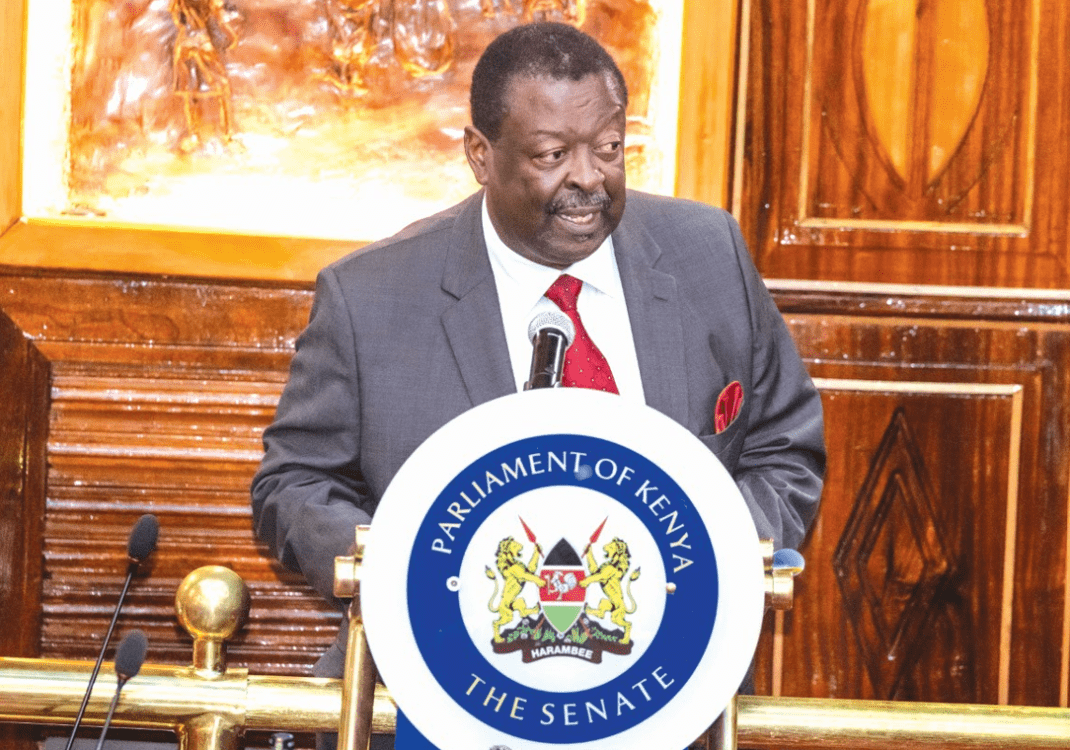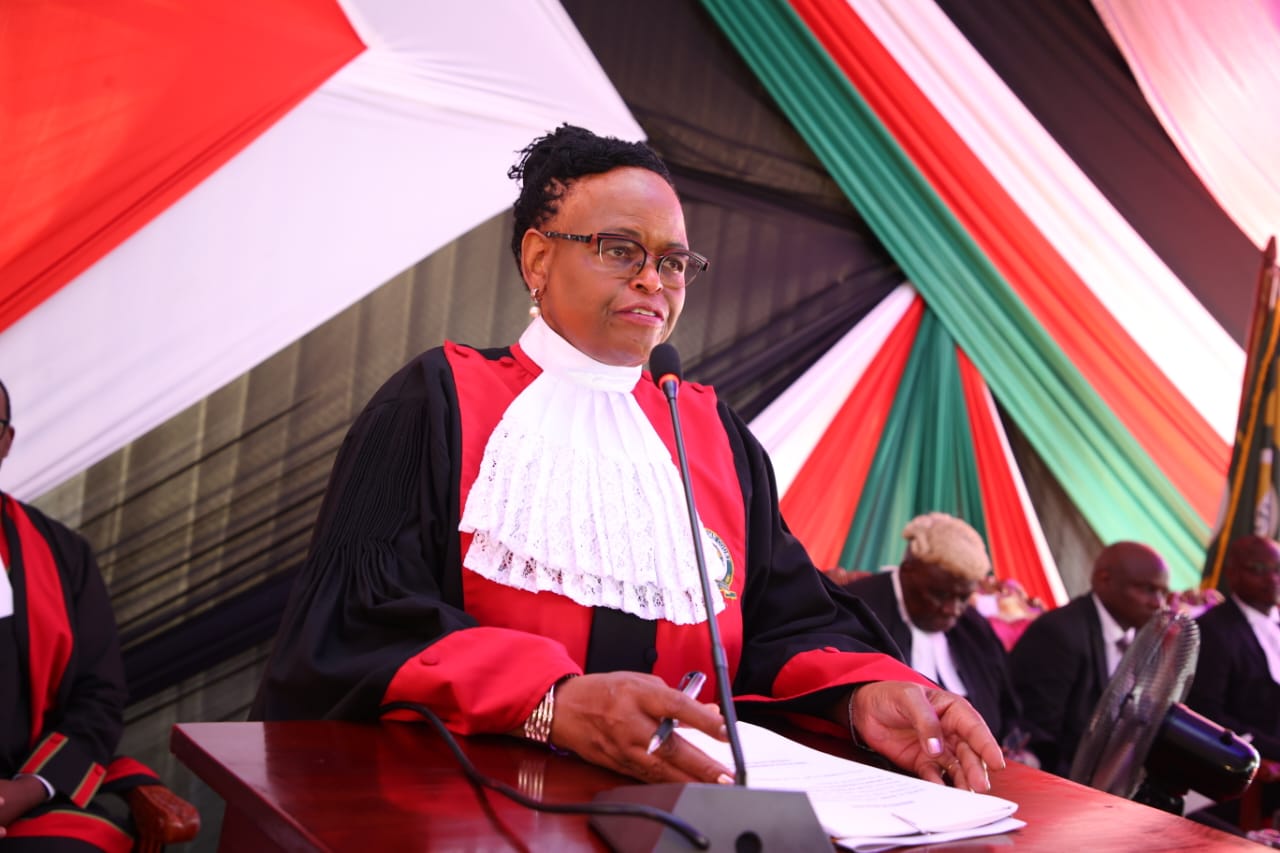Mudavadi’s stern warning to State procurement staff

Prime Cabinet Secretary Musalia Mudavadi has issued a stern call to public procurement officers, urging them to confront and eradicate the rampant corruption plaguing their profession.
Addressing the just concluded Heads of Supply Chain and Procurement Forum 2024 in Mombasa, Mudavadi painted a stark picture of the sector, likening the corruption within it to a cancer that requires urgent and decisive “self-surgery.”
Mudavadi put rogue procurement officers on notice, warning them to choose between earning a place in “a hall of fame or a list of shame.”
“You stand in an awkward position,” he told the gathering, “where the supply chain and procurement community is blamed for the most rampant cases of public sector fraud and corruption, stifling our country’s growth. You are well aware of the notorious Goldenberg and Anglo Leasing scandals, among other grand corruption cases. In 2021, it was widely reported that Kenya loses Sh2 billion daily to corruption, much of it tied to procurement rigging.”
Account of corruption
He emphasized that every year, the Auditor General’s reports are filled with accounts of corruption, abuse of office, and mismanagement of public resources. “We’ve seen cases in court where public officials possess wealth and assets that far exceed what they could ever earn through regular salaries and investments in a lifetime,” Mudavadi remarked.
The Prime Cabinet Secretary also expressed deep concern over the manipulation of tender documents to favour specific individuals, making the outcomes of tenders a foregone conclusion long before they are awarded.
In light of this, he expressed concern that government-funded projects have become magnets for corrupt individuals, while these same individuals shy away from donor-funded projects due to the heightened transparency and accountability involved. He emphasized that it’s high time government-funded projects instill the same fear in corrupt cartels by turning the tide on corruption within government operations.
Irregular adjustments
Calling for strict adherence to procurement laws, Mudavadi cautioned against corruption achieved through irregular adjustments during the procurement process.
“Identify the specific pieces of legislation you need to adjust, and be very clear on why those changes are necessary. Accounting Officers are mandated by the Constitution, the Public Finance Management Act, and the Public Procurement and Asset Disposal Act. They must also adhere to guidelines issued by the National Treasury and the Public Procurement Regulatory Authority,” he stressed.
He reminded the forum that committees responsible for contract evaluation, implementation, inspection, acceptance, and disposal are legally bound to perform their duties with integrity.
“Sometimes it’s embarrassing to see the discrepancies in public procurement projects. When you travel to other countries and see the quality of projects completed through public procurement, and then compare them to what we have back home, you realize that we’ve been shortchanged,” Mudavadi lamented.
Referencing the 2023 Transparency International report, which ranked Kenya 126 out of 180 countries in the Global Corruption Index, Mudavadi warned that corruption disproportionately harms the poor.
“They are denied health services, education, water, electricity, roads, and other essential services that should improve their lives.”
“Public procurement is perceived to be more susceptible to corruption than other areas of government, such as tax collection, passport issuance, the judiciary, or public utilities. My challenge to you today is to reflect on how you can reposition your profession to support our country’s development agenda. You have the power to change the negative perception and blanket condemnation of your noble profession by ensuring strict compliance with legal and regulatory frameworks,” Mudavadi urged.
During the plenary session, procurement professionals voiced their frustrations, accusing the government of contributing to the turbulence in their sector—an issue highlighted by the forum’s theme: Navigating Turbulence: Strategic Leadership Towards Stabilizing Supply Chain Management in Kenya. They cited an unpredictable tax regime as a significant challenge.
The professionals also raised concerns about unqualified individuals infiltrating their profession, calling for their immediate removal.
Mudavadi acknowledged the issue of the unpredictable taxation regime but attributed it to the complexities of the current budget-making process under the Constitution. He pointed out that the unpredictability arises when Parliament alters proposals initially made by the












